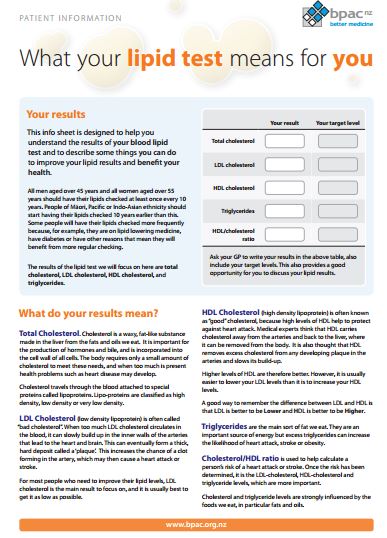Triglycerides are a type of fat in your blood that is an important form of energy for your body. Most fats you eat contain triglycerides. If your body doesn't need the energy right away it's stored for later.
These triglycerides are stored in fat cells around your body, commonly on your hips and belly. If you need energy between meals, triglycerides are released into your blood from these fat cells.
If you regularly consume more energy than you need, you can get high triglyceride levels.









